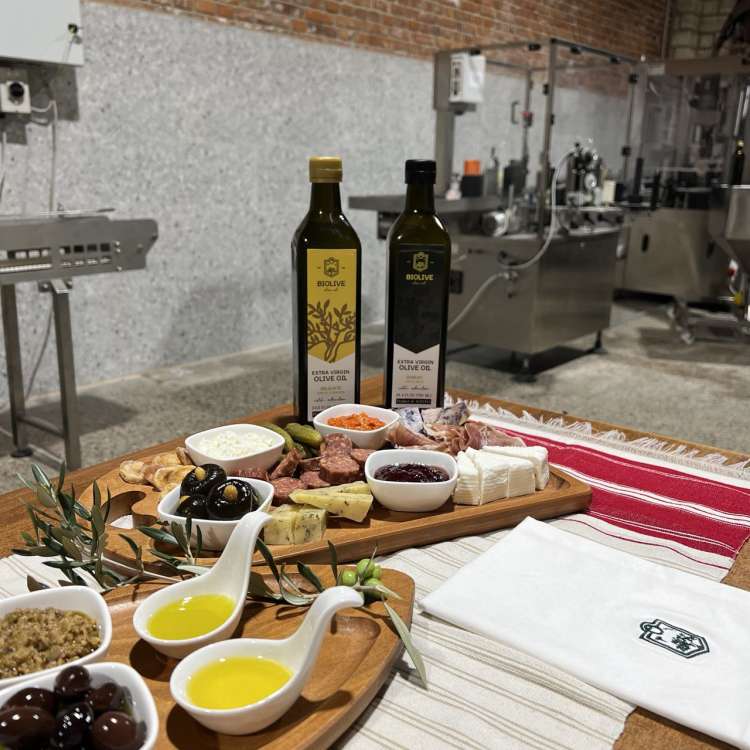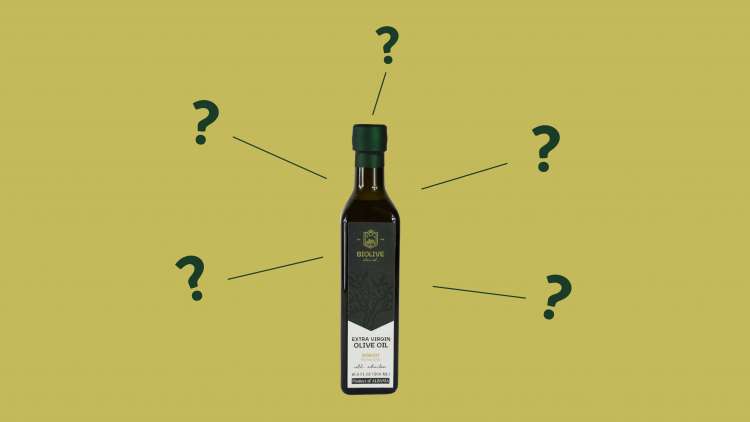Antioxidants are a widely discussed topic, but many people are unaware of what they are and how they work. In this article, we will provide you with all the necessary information about antioxidants.
What exactly are antioxidants?
Antioxidants are molecules that can combat free radicals in the body. Free radicals are compounds that can cause harm if they accumulate in excessive amounts within the body. They are linked to various illnesses, including cancer, heart disease, and diabetes. The human body has its own defense mechanisms against free radicals. However, antioxidants are also found in many foods, particularly in plant-based whole foods, fruits, and vegetables. Vitamins such as E and C are examples of effective antioxidants. Antioxidant preservatives play a vital role in food production by increasing shelf life.
How do free radicals function?
Free radicals are produced in the body and can cause harm without antioxidants. However, they also have essential functions, such as helping immune cells fight infections. Maintaining a balance of free radicals and antioxidants is crucial. When free radicals outnumber antioxidants, oxidative stress can lead to cell damage and increase the risk of cancer and aging. Lifestyle, stress, and environmental factors can promote excessive free radical formation, including air pollution, toxins, and inadequate antioxidant intake. Prolonged oxidative stress can lead to negative health outcomes such as cardiovascular disease and cancer.
Polyphenols.
Polyphenols are a type of powerful antioxidants that work in harmony with vitamins and enzymes to protect against oxidative stress. The unrefined nature of extra virgin olive oil means that it contains a higher concentration of polyphenols than other types of olive oil. These potent antioxidants have the ability to neutralize harmful free radicals in your body. In her book, The New American Olive Oil (Stewart, Tabori & Chang, 2009), Fran Gage describes the work of polyphenols this way:
“These antioxidants circulate in the body, hooking up with free radicals, unstable compounds thought to play a role in more than 60 different health conditions including cancer and atherosclerosis, as well as aging.”
The qualities of bitterness and pungency are highly desirable attributes in virgin and extra virgin olive oils, as they are directly linked to the presence of polyphenols, which provide a range of health benefits. The more bitter and pungent the oil, the higher its polyphenol content, making it a more valuable and nutritious product. The bitterness in olive oil is caused by the presence of phenolic compounds, particularly oleuropein, and squalene, which are exclusive to olive oil. Pungency, on the other hand, refers to the tingling sensation felt at the back of the throat, which is due to the presence of oleocanthal, another polyphenol with anti-inflammatory properties. High-quality extra virgin olive oils should be both bitter and pungent, with intensity varying depending on the type of olive, harvesting period, and other factors.
Nutritionist Lisa Sheldon, the author of Olive Oil Baking (Turner Publishing, 2007), notes polyphenols “are vital to cellular health because they prevent damage from free radicals.” Extra virgin olive oil is rich in over 20 different phenols, with Hydroxytyrosol being the primary one, followed by Oleocanthal and Oleuropein. Don't be afraid to add a more robust extra virgin olive oil to your diet, even if you're used to mild varieties - it's actually good for you! In fact, the anti-inflammatory benefits of extra virgin olive oil can be obtained with as little as 1-2 tablespoons per day.
In addition to extra virgin olive oil, other foods that are rich in polyphenols include onions, apples, tea, red wine, strawberries, blueberries, and cranberries. Pressed right after the olives are picked, robust extra virgin olive oil like ours is an excellent source of polyphenols.
SOURCES: PubMed Central, World Health Organization, The National Center for Biotechnology Information, NutritionData Self, ScienceDirect, Olive oil times, Healthline, WebMD, https://www.healthline.com/nutrition/antioxidants-explained#free-radicals , https://www.healthline.com/nutrition/polyphenols, https://pubmed.ncbi.nlm.nih.gov/8839918/ ,https://pubmed.ncbi.nlm.nih.gov/32468462/


